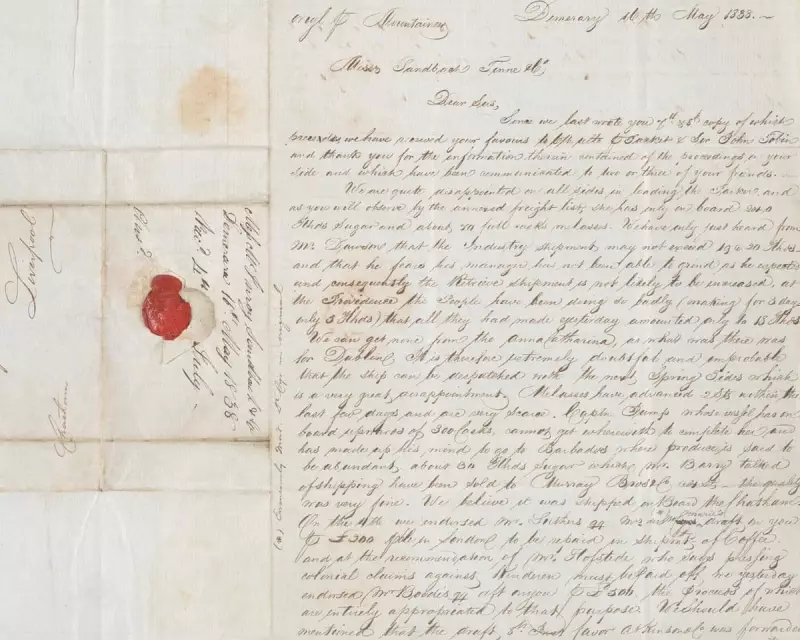
A startling discovery made on the online marketplace eBay is forcing a dramatic reappraisal of Britain's historical links to the transatlantic slave trade. A cache of previously unknown letters, dating from the 1830s, has shed unprecedented light on the hundreds of British families who directly profited from the abolition of slavery itself.
The documents, which were rescued from obscurity by a sharp-eyed historian, consist of personal correspondence detailing the complex process of claiming compensation from the government following the Slavery Abolition Act of 1833. This landmark legislation did not simply free enslaved people; it also granted a massive £20 million payout – a staggering 40% of the Treasury's annual budget at the time – to slave owners for the loss of their 'property'.
The £20 Million Payout: A National Secret
For decades, the full extent of which families benefited from this compensation scheme has been obscured. While the official Parliamentary records list the claimants, they often mask the true beneficiaries behind corporate names like 'The British Iron Company' or trustees acting on behalf of absentee owners living comfortable lives in Britain.
These newly found letters rip away that corporate veil. They reveal the anxious, and at times celebratory, private communications between lawyers, agents, and the families themselves as they navigated the bureaucracy to secure their windfall.
One letter poignantly illustrates the stark contrast in fortunes, mentioning a claimant's concern over a minor delay in payment while the enslaved individuals they once owned began their lives in freedom with nothing.
From Country Estates to City Mansions: The Legacy of the Payout
The financial injection from the compensation fund had a profound and lasting impact on the British landscape. Historians analysing the letters have drawn direct lines between the payouts and the funding of:
- Grand country houses and estates that still stand today.
- Significant art collections and philanthropic endeavours that burnished family reputations.
- Investments in the burgeoning industrial revolution, from railways to manufacturing.
This evidence challenges the notion that the wealth of the British elite was built solely on enterprise and innovation, revealing instead a foundational link to state-sanctioned human exploitation.
A Call for a Deeper Reckoning
The discovery is more than a historical curiosity; it has ignited a fresh debate about national memory and responsibility. Campaigners and academics are now asking urgent questions about how this history should be acknowledged and what it means for modern Britain.
These letters, saved from a forgotten box and sold online, serve as a powerful reminder that the past is not always distant. They provide tangible, undeniable proof of the financial mechanisms that embedded slavery-derived wealth into the very fabric of the nation, demanding a more honest and complete conversation about a dark chapter of British history.






